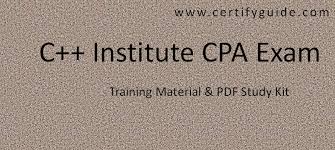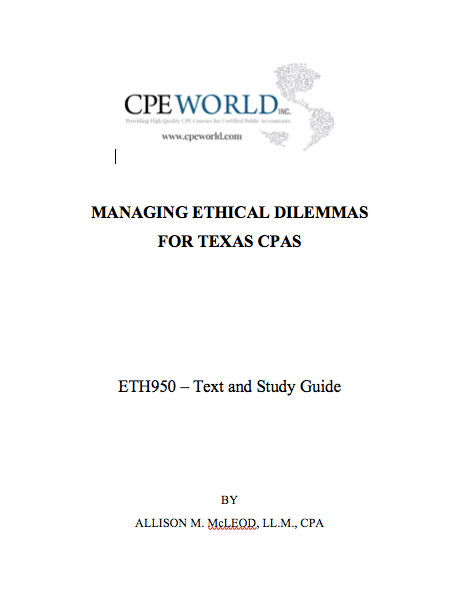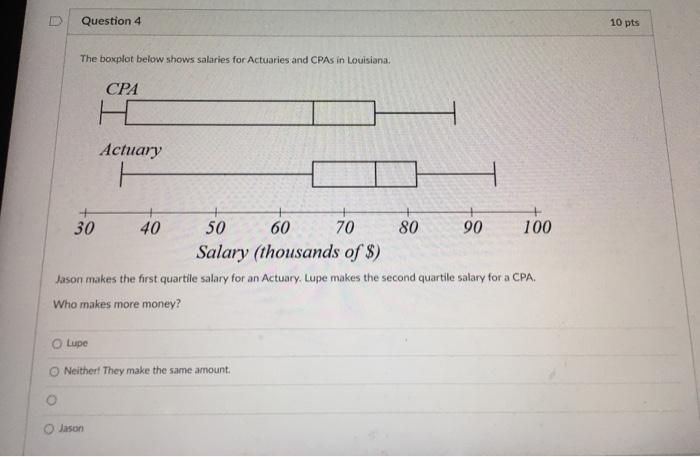
Accounting closing entries are journal entry made at the close of an accounting period to move temporary accounts to permanent accounts. A closing entry is required if a business wishes to track cash flows and balances accurately. Here's a rundown of closing entries:
Journal entries at the end a accounting period
A closing record is a journal entry that records company transactions at the end an accounting period. It transfers balances from temporary accounts to permanent ones. Temporary account balances are built up during an accounting period. Permanent accounts, however, keep track of transactions for the entire life of the company. Closing transactions are crucial because they allow companies review their financial health and make necessary adjustments.
Adjusting entries are used to reflect economic activity between the beginning and end of an accounting period. These entries are required by periodic reporting requirements as well as the matching principle which requires that revenues be equal to expenses in the period. These entries are normally made at end of accounting periods or when financial statements have been prepared. These entries should be classified accordingly. In general, debits must equal credits.

Transfer balances from temporary accounts to permanent accounts
There are two ways to transfer balances to permanent accounts. This can be used as a temporary measure to get the account to zero if it is only for a brief period. This method can be used to track funds for a longer time if the account is not open for a long time. This process can either be performed annually or quarterly depending upon your needs.
Both temporary and permanent accounts keep track financial transactions. These accounts differ mainly in the length of the periods that they keep track of. The temporary account must first be zeroed before the new period begins. However, the permanent one can continue to roll forward to subsequent periods. This will allow you to compare both accounts to decide which one you prefer. You can make the process simple if your follow these steps.
Credit is granted to expenses accounts
All income and expense accounts will be reset to zero in a trial balance. In the trial balance debit the income summary account. Credit every line item expense. Closed entries will credit expense accounts. Closed entries should reflect net income and not net expenses. In this example Mr. Green took $61 out of his income summary account, and credited the capital account to his owner with the same amount.
Guitar Lessons Corporation has an adjusted trial balance as of December 31, which shows that it spent $400 on supplies and $1.400 on wages. A credit balance of $300 is also shown in the income summary account. This indicates that September's net income has been transferred into the income summary account. It will remain there until it's transferred to retained earnings. Credit is given to expense accounts when closing entries are made. This process is repeated every month.

Dividends are credited to retained earnings
A corporation's accounts closed include an income summary accounting and a account for retained earnings. Dividends from a corporation that is profitable are credited into Retained Earnings. In the event of a loss-making corporation, dividends go to Retained Earnings. Dividends, which are income for the corporation are paid in cash.
The crediting of dividends for retained earnings is then the final closing entry. Dividends refer to income that a business keeps for future periods. As funds are expended, income is deducted, which will reduce the period's net earnings. Also, the closing entries may be used to remove temporary accounts or credit expenses and debit income summary account accounts. The closing entry are then used for preparing a post-closing test balance.
FAQ
What is bookkeeping exactly?
Bookkeeping can be described as the keeping of records about financial transactions for individuals, businesses and organizations. It involves recording all business-related income as well as expenses.
Bookkeepers keep track of all financial information, including receipts, invoices bills, payments, deposits and interest earned on investments. They prepare tax returns, as well as other reports.
What does an accountant do, and why is it so important?
An accountant keeps track on all the money you make and spend. They track how much you pay in taxes and what deductions you are allowed to make.
An accountant will help you manage your finances, keeping track of both your incomes as well as your expenses.
They prepare financial reports for individuals and businesses.
Accounting professionals are required because they need to be able to understand all aspects of the numbers.
A professional accountant can also help with taxes, so that people pay as little tax as they possibly can.
How much do accountants make?
Yes, accountants can be paid hourly.
Accounting firms may charge an additional fee to prepare complex financial statements.
Sometimes accountants are hired to perform specific tasks. An accountant could be hired by a PR firm to prepare a report describing the client's performance.
Why is reconciliation so important?
It's vital as mistakes may happen, and you don't know what to do. Mistakes include incorrect entries, missing entries, duplicate entries, etc.
These problems can cause serious consequences, including inaccurate financial statements, missed deadlines, overspending, and bankruptcy.
What does it really mean to reconcile your accounts?
The process of reconciliation involves comparing two sets. One set is called the "source," and the other is called the "reconciled."
Source consists of actual figures. The reconciled is the figure that should have been used.
If you are owed $100 by someone, but receive $50 in return, you can reconcile it by subtracting $50 off $100.
This ensures that the accounting system is error-free.
Statistics
- Given that over 40% of people in this career field have earned a bachelor's degree, we're listing a bachelor's degree in accounting as step one so you can be competitive in the job market. (yourfreecareertest.com)
- BooksTime makes sure your numbers are 100% accurate (bookstime.com)
- In fact, a TD Bank survey polled over 500 U.S. small business owners discovered that bookkeeping is their most hated, with the next most hated task falling a whopping 24% behind. (kpmgspark.com)
- Employment of accountants and auditors is projected to grow four percent through 2029, according to the BLS—a rate of growth that is about average for all occupations nationwide.1 (rasmussen.edu)
- a little over 40% of accountants have earned a bachelor's degree. (yourfreecareertest.com)
External Links
How To
Accounting for Small Businesses: What to Do
Accounting for small businesses should be one of your most important tasks when managing a business. This involves tracking income and expenses as well as preparing financial reports and tax payments. You may also need to use software programs like Quickbooks Online. You have many options when it comes to accounting for small businesses. You have to decide which method is best for you based on your specific needs. We have listed the best options for you below.
-
The paper accounting method is recommended. You might prefer to use paper accounting, which can be very simple. The process of using this method is very easy; you just need to record your transactions daily. You might consider investing in an accounting software like QuickBooks Online if you want your records to be accurate and complete.
-
Online accounting. Online accounting is a way to have easy access to your accounts no matter where you are. Wave Systems, Freshbooks, Xero, and Freshbooks are just a few of the popular options. These software can be used to manage your finances, pay bills and send invoices. You can also generate reports. These software are simple to use and offer many great benefits and features. These programs can help you save time and money on accounting.
-
Use cloud accounting. Cloud accounting is another option. It allows data to be securely stored on a remote server. Cloud accounting is a better option than traditional accounting systems. First, it does not require you to buy expensive hardware or software. You have better security since all your information can be accessed remotely. It takes the worry out of backups. It also makes it easier to share your files.
-
Use bookkeeping software. Bookkeeping software is similar with cloud accounting. However you must purchase a computer in order to install the software. Once the software is installed, you will have access to the internet to view your accounts whenever and wherever you like. You can also view your balances and accounts right from your computer.
-
Use spreadsheets. Spreadsheets are used to enter your financial transactions manually. One example is a spreadsheet you can use to track your daily sales. Another benefit of using a spreadsheet is the ability to make changes at will without needing an entire update.
-
Use a cash book. A cashbook is a book that records every transaction you make. Cashbooks can come in different sizes depending on how much space is available. You can either keep separate notebooks for each month or one that spans several months.
-
Use a check register. A check register is a tool that helps you organize receipts and payments. Once you have scanned the items, you can transfer them into your check register. To help you remember what was bought, you can make notes once you have scanned the items.
-
Use a journal. Journals are a logbook that helps you keep track of your expenses. This is best for those who have recurring expenses like rent, insurance, and utilities.
-
Use a diary. Keep a journal. You can use it for tracking your spending habits or planning your budget.